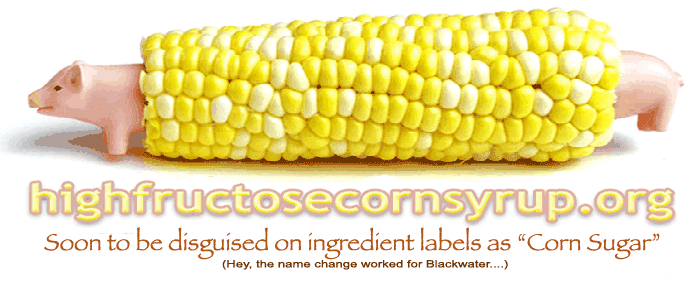 The companies that make high-fructose corn syrup want to pick a new name for the sweetener, so we’re asking Well readers to help.
The companies that make high-fructose corn syrup want to pick a new name for the sweetener, so we’re asking Well readers to help.We asked a panel of nutrition experts what they thought about the term “corn sugar,” which is the name suggested by the Corn Refiners Association. We also asked them to offer their own ideas.
Read what they have to say and then vote on your favorite, or write in your own sweet suggestion in the Comments box, below.
Read More





